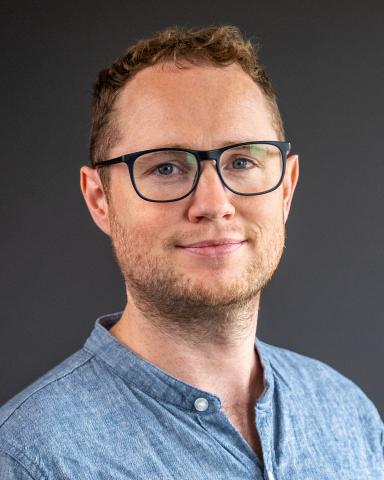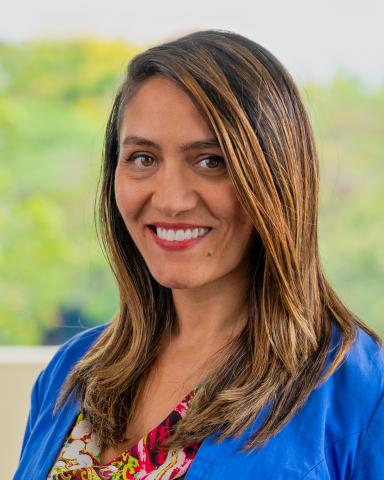This microcredential course will empower you to critically examine current healthcare practices to innovate and drive improvement in your workplace.
Australia is currently producing research at unprecedented rates, and our health systems and services cannot keep up with integrating research findings. Improvement initiatives are often slow and inconsistent, and so, health services are not always providing high quality, evidence-based care.
In this course, you will be guided to select and review a healthcare practice and critically appraise research evidence to identify a knowledge practice gap. You will specify an improvement aim and identify key stakeholders who are likely to be impacted. You will explore change and implementation science theories and be supported to apply these theories to your chosen context to accelerate the translation of evidence and improve health outcomes. You will develop core skills in:
- identifying implementation strategies,
- summarising the project into a logic model, and
- developing an implementation plan to address a knowledge practice gap in the workplace.
The course is delivered over 12 weeks via a series of self-paced online modules and two 2-day workshops.
Upon successfully completing the course and the assessments, you will receive an Official Academic Transcript and 10 Bond credit points, which are claimable towards a postgraduate degree in Healthcare Innovations.

